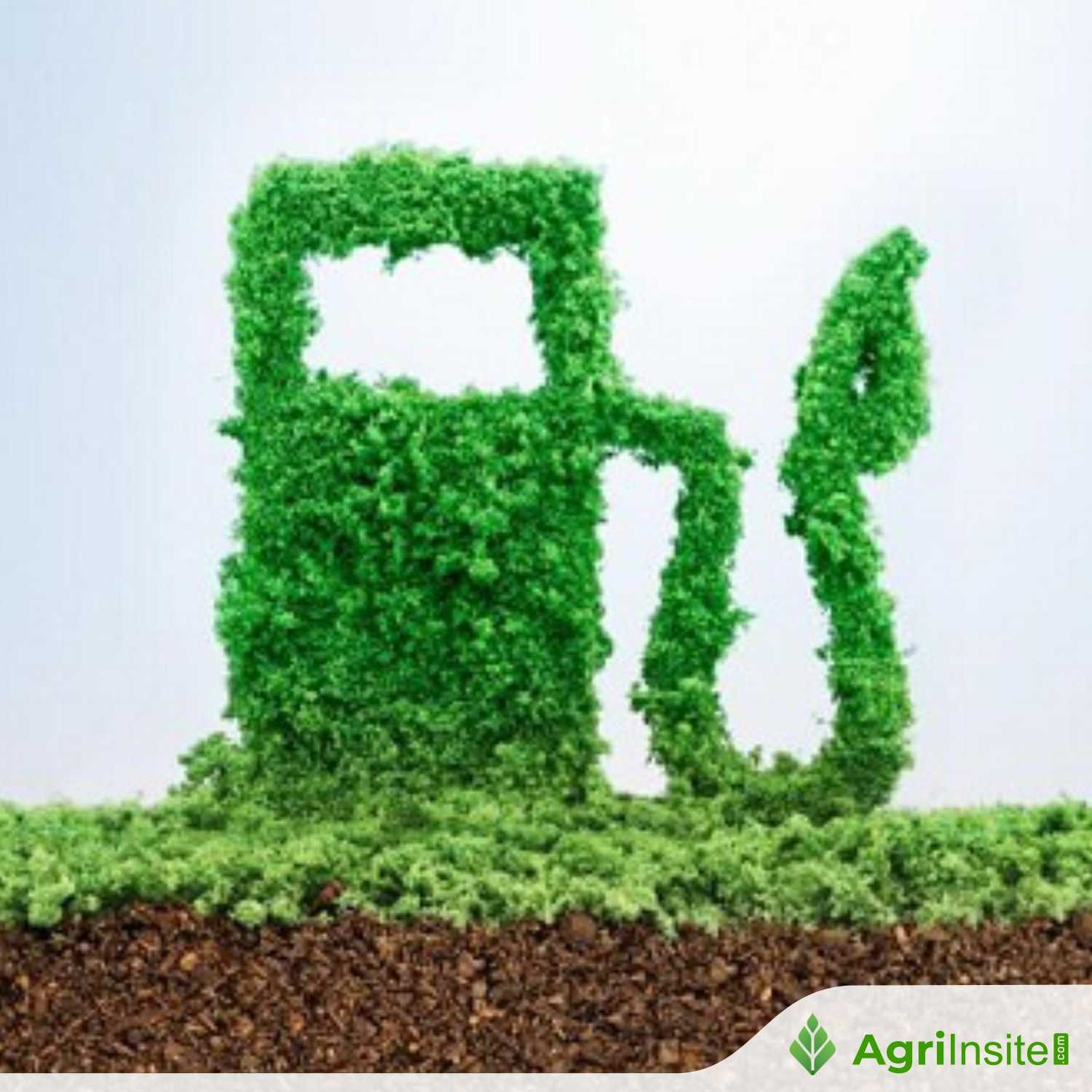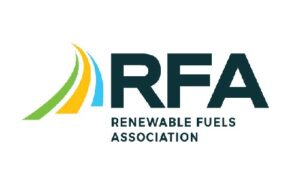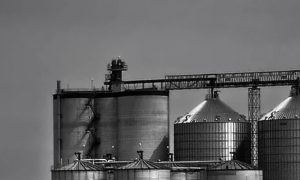Union govt pushes for ethanol production, but producers concerned as Haryana and other states impose ethanol levy

Ethanol producers have raised concerns over new levies in Haryana’s Excise Policy 2025–27, warning they could hinder India’s ethanol blending goals. Despite Haryana achieving a 19% blending rate, the Union government has urged the state to remove fees like the ₹1/litre pass fee and ₹1.20/litre import duty. Producers say these charges increase costs, hurt farmers, and contradict national green fuel efforts.
The Union government has made a strong push to promote ethanol production as part of its green fuel mission. However, states like Haryana, where the BJP is in power, as well as Punjab and Himachal Pradesh, have levied fees on ethanol production in their respective excise policies, which are worrying ethanol producers. Producers argue that while the Union government is taking steps to boost green fuel, such levies could impact India’s ambitious goal of achieving ethanol blending targets. The Union Ministry of Petroleum and Natural Gas has written to the governments of Punjab, Haryana, and Himachal Pradesh, urging them to reconsider the fees levied on ethanol production in their respective excise policies.
Regarding Haryana specifically, ethanol producers feel that since the BJP is in power both at the Centre and in the state, Haryana should follow footsteps and adopt similar positive measures to promote ethanol production. Such levies could disrupt the smooth operation of ethanol units and increase overall production costs. Ethanol producers urge Haryana to align the state’s excise policy with the Ministry of Petroleum and Natural Gas (MoPNG) recommendations and best practices adopted by other leading ethanol-producing states.
Other ethanol-producing states such as Uttar Pradesh, Madhya Pradesh, and Odisha have exempted such levies and even provided incentives to attract ethanol infrastructure, giving them a competitive edge, according to the ethanol producers.
Ethanol is a key component in India’s strategy to reduce dependence on fossil fuels and promote cleaner alternatives. The Centre has set ambitious targets for ethanol blending in petrol, offering incentives and policy support to boost production and adoption across the country. This push is seen as crucial for both environmental sustainability and reducing the import bill for crude oil.
In a letter written to the governments of Punjab, Haryana, and Himachal Pradesh, Union government stated that how Centre has been promoting ethanol blending in petrol to give boost to domestic agricultural sector and associated environment benefits. Over the last one decade, ethanol blending has improved from 1.5% to nearly 19% and the country is on course to achieve the 20% blending target by Ethanol Supply Year (ESY) 2025-26.
The letters, addressed individually by the Additional Secretary in the Union Ministry of Petroleum and Natural Gas, Parveen M. Khanooja, to Haryana’s Chief Secretary Anurag Rastogi, state: “It has been brought to the Ministry’s notice by Oil Marketing Companies (OMCs) that as per the Excise Policу 2025-27 of Haryana state, there is a substantial increase in the license fee/annual renewal fee for distilleries. Also, the aforesaid policy has introduced a fee of Rs. 1 per Bulk Litre (BL) for issuance of pass for ethanol for mixing in petrol for use as automobile fuel.”
“Additionally, an import duty of Rs. 1.20 per BL has also been levied. Given that ethanol is already subject to Goods and Services Tax (GST), imposing an additional excise duty would constitute double taxation, which runs contrary to sound taxation principles and could be legally untenable, especially for a product crucial to a national programme like the Ethanol Blended Petrol Programme. Furthermore, the increased costs resulting from the proposed fees and duty in Excise Policy 2025-27 are likely to raise the price of ethanol-blended petrol,” the letter further stated.
The letter mentions that Haryana and Punjab appear to be the sole States where such levies on ethanol specifically meant for blending with petrol have been imposed. This will inevitably diminish the economic viability for ethanol producers and suppliers, as well as for Oil Marketing Companies (OMCs), potentially hindering the broader ethanol blending programme.
The letter urges the states to review the Excise Policy and reconsider any levy/fee on fuel ethanol production/consumption and import in the State to facilitate smooth off take of green fuel ethanol for the benefit of environment and farmers.
The Grain Ethanol Manufacturers Association (GEMA) has also urged the Haryana government to withdraw the proposed fee on ethanol.
According to GEMA member Sukhpreet Grover, “Ethanol production also directly supports local maize and broken rice farmers, promotes rural employment, and contributes to green energy goals and carbon reduction. Imposing this fee would not only affect dispatch and supply to OMCs but also create adverse ripple effects on the state’s industry, agriculture, and employment.”
“The industry is struggling to survive due to high raw material costs, which have seen an unprecedented increase in the prices of feedstock over the past two years, while ethanol sale prices are fixed by OMCs and have remained stagnant. We urge the complete withdrawal of the proposed Rs 1 per litre pass fee on ethanol dispatches,” he added.
Ethanol producers also expressed concern that the pass fee is not reimbursable by OMCs, placing the entire burden on producers.
Haryana has also made significant contributions to the success of ethanol blending programme by achieving a blending percentage of 19% in ESY 2024-25, as on 18th May 2025. Apart from augmenting distillation capacities of existing plants, Dedicated Ethanol Plants are being commissioned in state providing employment opportunities and giving boost to circular economy.
To Read more about Ethanol Industry & Bio Energy News, continue reading Agriinsite.com
Source : Chinimandi
















